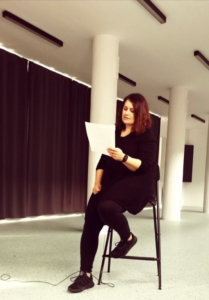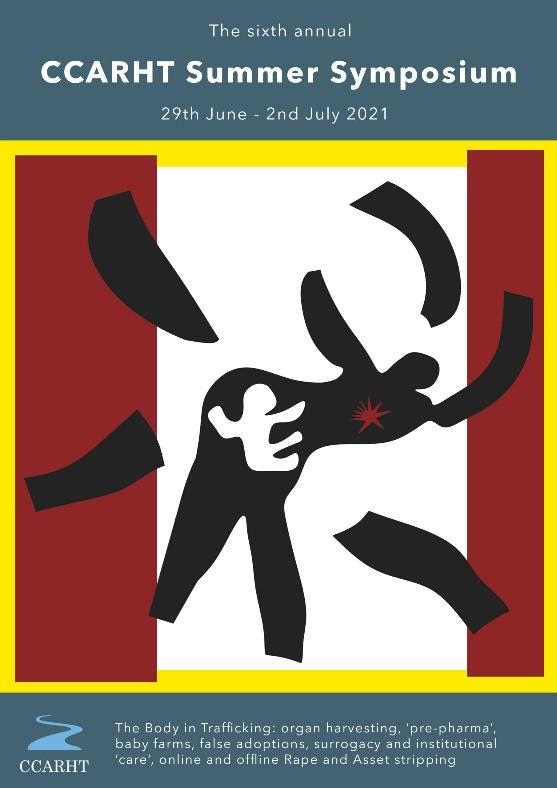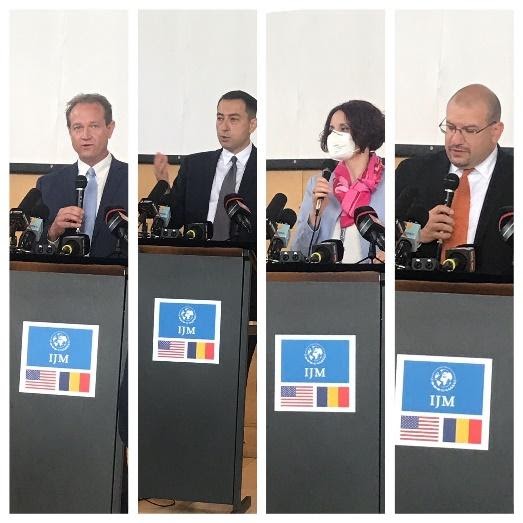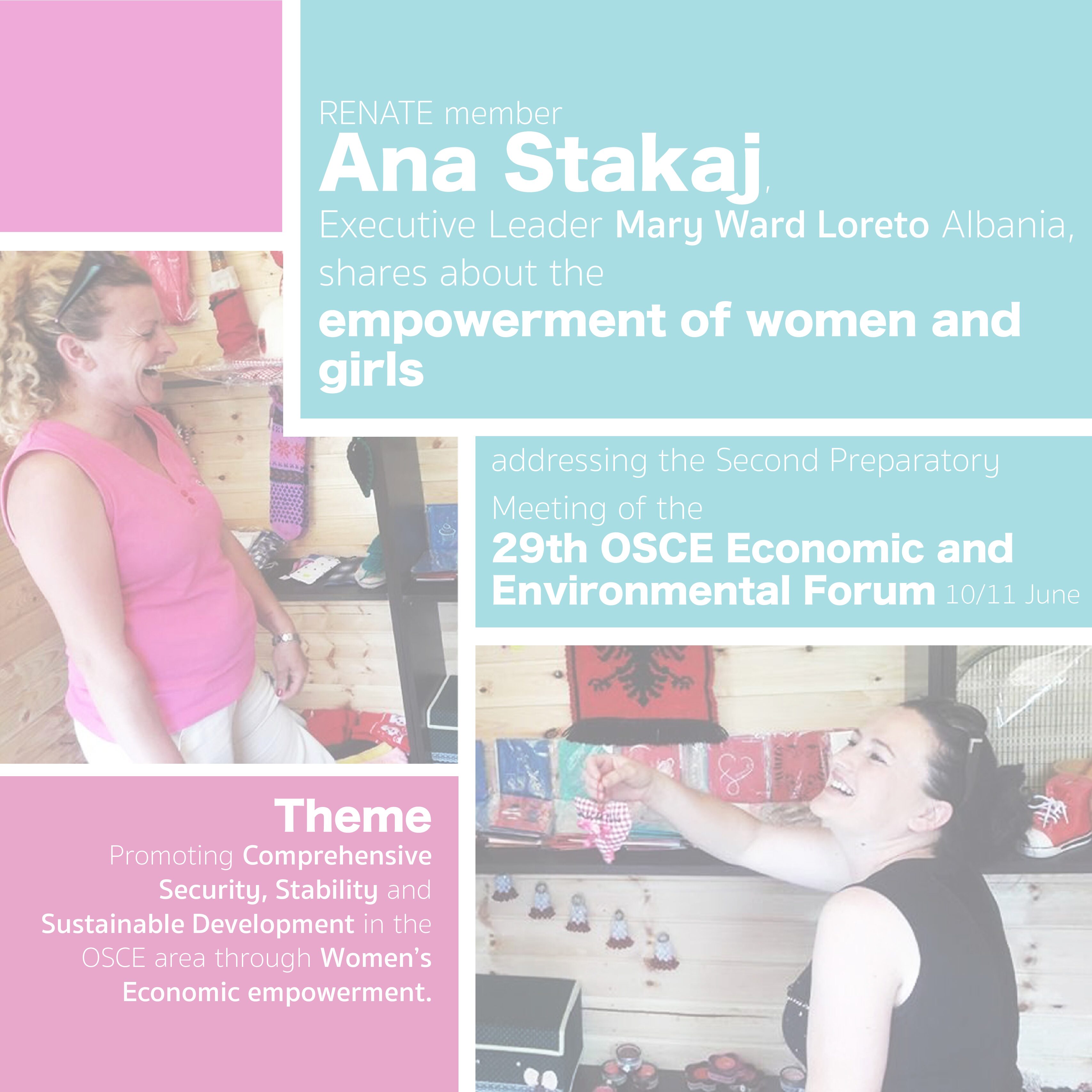Report from RENATE member Jana Urbanova, CARITAS Slovakia.
SUPPORT THE CAMPAIGN
“You are not for sale!” is the slogan of CARITAS Slovakia’s new campaign. In Slovakia, Caritas plays an important role in the fight against human trafficking, by means of helping victims and also by organising prevention and education activities. In the Not for Sale campaign, the organisation wants to appeal to young women and girls in particular and to warn them of the dangers that are more real than we think.
Since 2008, when Caritas started implementing its victim-assistance programme, it has helped more than 120 victims of human trafficking under the Programme for the Support and Protection of Victims of Trafficking in Human Beings which is financed by the Ministry of the Interior of the Slovak Republic. It gradually expanded the initial victim-care project to include assisted voluntary return services and the operation of a free National Helpline for Victims of Trafficking 0800 800 818. In this new campaign, Caritas warns against sexual exploitation which is the second most common form of trafficking registered in Slovakia in the past year, and it is the most common form of exploitation in the EU.
The abuse of girls and women is still a big problem
“Your worth lies not just in your body, but first and foremost in who you are. You are as precious as a diamond. Therefore, do not allow anyone to treat you like a commodity, ” the actress Petra Polnišová says in one of the three videos.
In addition to the participation of this popular actress, the rapper EGO, already known from a previous CARITAS Slovakia campaign against forced labor, is part of this current campaign and, in a third short video, a former Caritas client who herself experienced the nightmare of sexual exploitation abroad authentically talks about her experience.
The risk of modern-day slavery generally threatens the poorer regions of southern and eastern Slovakia, where there is a shortage of jobs, and, in the form of sexual exploitation, it mainly affects Roma women and girls. Victims are often lured by perpetrators who pretend to have a romantic relationship with them, or approach them with an offer of a promising job and a vision of a better life. After being transported abroad or away from home within Slovakia, their personal documents are confiscated and are forced to engage in prostitution through psychological and physical abuse. Alarmingly, almost half of the identified victims of sexual exploitation in Slovakia in the last year were children.
Victims of trafficking due to poverty
The Not for Sale campaign builds on a previous series of videos from the 2019 campaign called Don’t Become a Slave/Do Not Get Enslaved. The aim of both campaigns is to reach out to young people in their own language and to inform them about the risks that they can easily overlook due to socio-economic conditions in an effort to “improve” their lives.
Jana Urbanová, who is the prevention coordinator of the STOP Human Trafficking project believes “on the one hand, it is the greed and egoism of the traffickers who see others as a means of enrichment. On the other hand, it is also extreme poverty that leads vulnerable groups to accept a dubious job offer or believe in beautiful promises of a better future. Here we come across the acute problem of marginalized Roma communities, which has still not been addressed effectively enough. In addition, the problem also affects children, who are all the more vulnerable in these inadequate conditions.‘‘
According to Jana, there is a great need to raise the awareness of social workers and other representatives of the state infrastructure, as well as representatives of non-governmental organisations, in order to be able to identify potential victims and intervene adequately. When the COVID-19 restrictions are lifted, CARITAS wants to organise in-person meetings and workshops with field social and community workers together with members of Roma communities. The project employees did the same during the 2019 campaign, when more than 350 people attended these meetings. “We have received a positive feedback from the field and we believe that this time we can also reach out to young people who may be preparing for work abroad in the summer and encourage them to be careful,” concludes Jana.



.png)
















